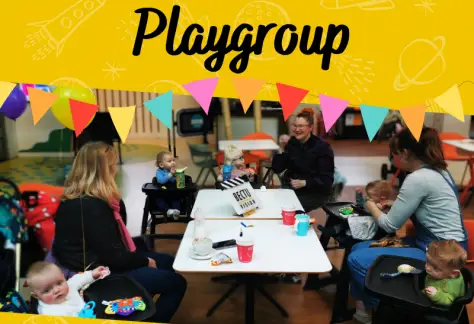TakeTwo Job Sharing
- a job-sharing blueprint (finding a partner, applying for roles and setting up your job share)
- help for potential sharers to identify what to look for in a partnership
- job share coaching
- information sessions and advice for Line Producers and HODs
- impartial support to job sharers and their production
- advocacy for job-sharing and flexible working.
Job Share Handover Day Fund
Our job sharing handover fund, supported by Screen Scotland, is available to any productions hiring a new job share pairing. The fund can cover the cost of the weekly handover day required by job sharers to help remove this additional cost that can sometimes create a financial barrier to job-sharers being employed.
Get in touch with Amy Shaw if you would like to apply for the fund
How to Make Flexible Working Work in Film and TV Report
BECTU Vision’s Amy Shaw is joined by Steven Little (Screen Scotland) and Emma Stewart (Timewise) to discuss the action research report Making Flexible Working Work in Film & TV
Shorter Working Hours Report & Webinar
There have long been calls to reduce the long days in Film and TV, though it has widely been assumed that shorter working days in Film and TV would delay production by so much, that the cost would make a production unfeasible. But this theory has never been tested – until now.
BECTU Vision in partnership with flexible working experts Timewise have been investigatinig the long-hours norm in film and TV, and explore if there is any viable alternative, supported by Screen Scotland, the BBC and the Film and TV Charity.
The in-depth feasibility study, conducted over nine months of 2023, to assess the financial implications of a shorter working day – 8 hours Vs the standard 10 – for scripted drama production. This included first of its kind analysis into the cost and schedule implications, and a framework for how to make this work.
The resulting new report, called: ‘Designing a blueprint for a shorter working day in film and scripted drama’, finds that:
- There is a general consensus across all those consulted for this feasibility study – commissioners, producers, directors, writers, actors and crew – that working hours are too long and unsustainable in film and television.
- It is in principle commercially viable to extend a production schedule in order to reduce the daily working hours from 10 to 8. This would increase the overall production costs by an estimated 4%.
- In order to make this work interviewees agreed that the industry needs to challenge the myths that it isn’t possible to reduce working patterns, based on ingrained assumptions and behaviours and a view that it can’t work for X or Y department.
- Being more mindful in the commissioning and prep of productions including earlier scripts is a key component to enabling efficiencies in how productions are made.
BECTU Vision & Timewise recommend that industry partners support a trial production where the shorter day would run across all departments and the project backers, BBC and Screen Scotland, are currently considering the findings from the trial.
BECTU Vision’s Amy Shaw is joined by Steven Little (Screen Scotland) and Emma Stewart (Timewise) to discuss the action research report Making Flexible Working Work in Film & TV
BECTU Vision Playgroup
Myself and my 4 year old daughter absolutely love attending the BECTU Vision playgroup sessions. She gets to run wild in the soft play and make lots of new friends, and I am able to chat with colleagues (old and new) while enjoying a coffee together. It gives us the opportunity to talk candidly about any industry/jobs news, our recent experiences, and any worries or hopes for the future (and sometimes, just to enjoy everyones company and not talk about work at all!) It's a great, supportive and inclusive way of getting working tv parents together, and I'm very grateful to BECTU Vision for providing this brilliant service.
Ayden Miller / supervising Art Director


